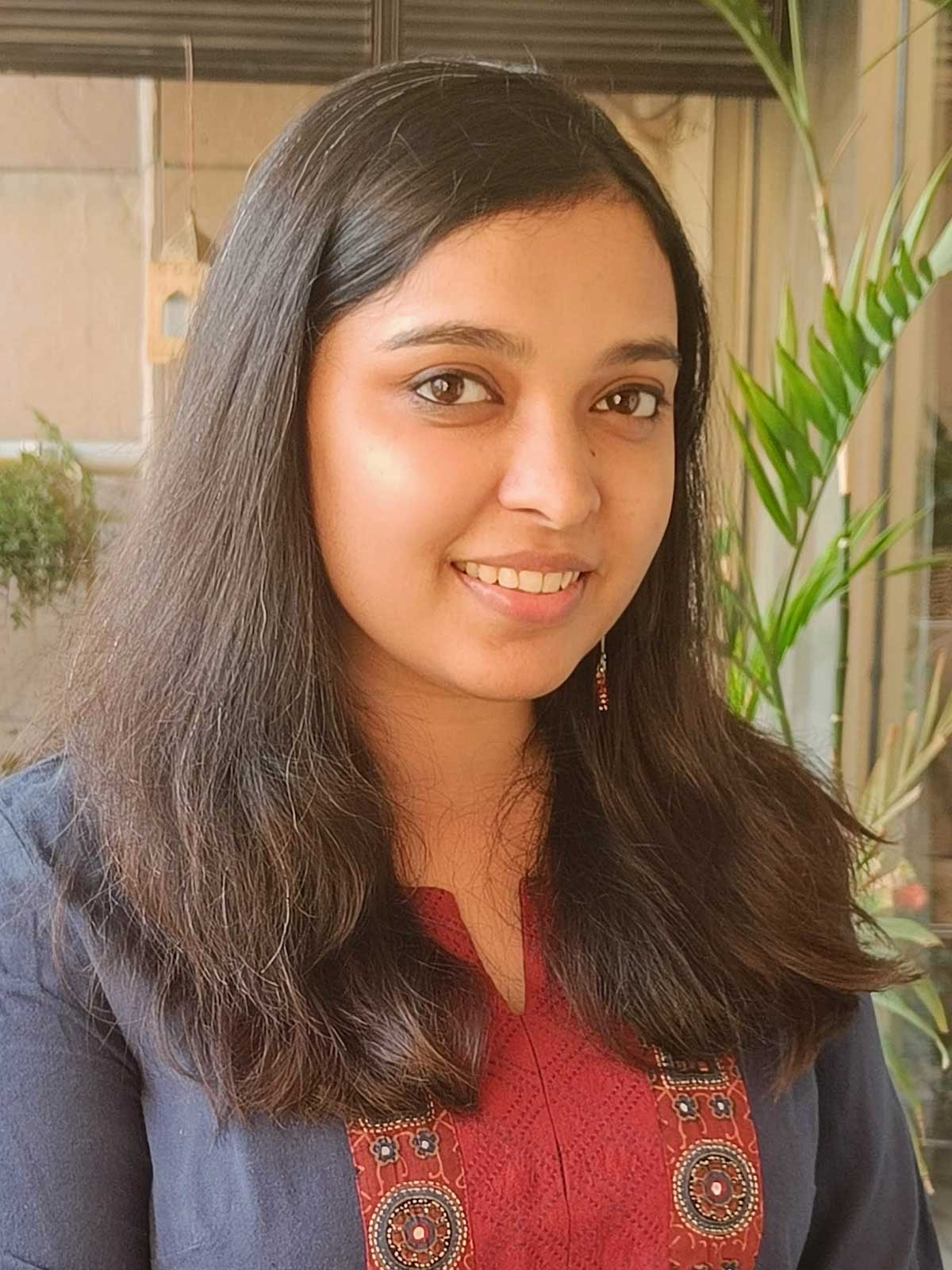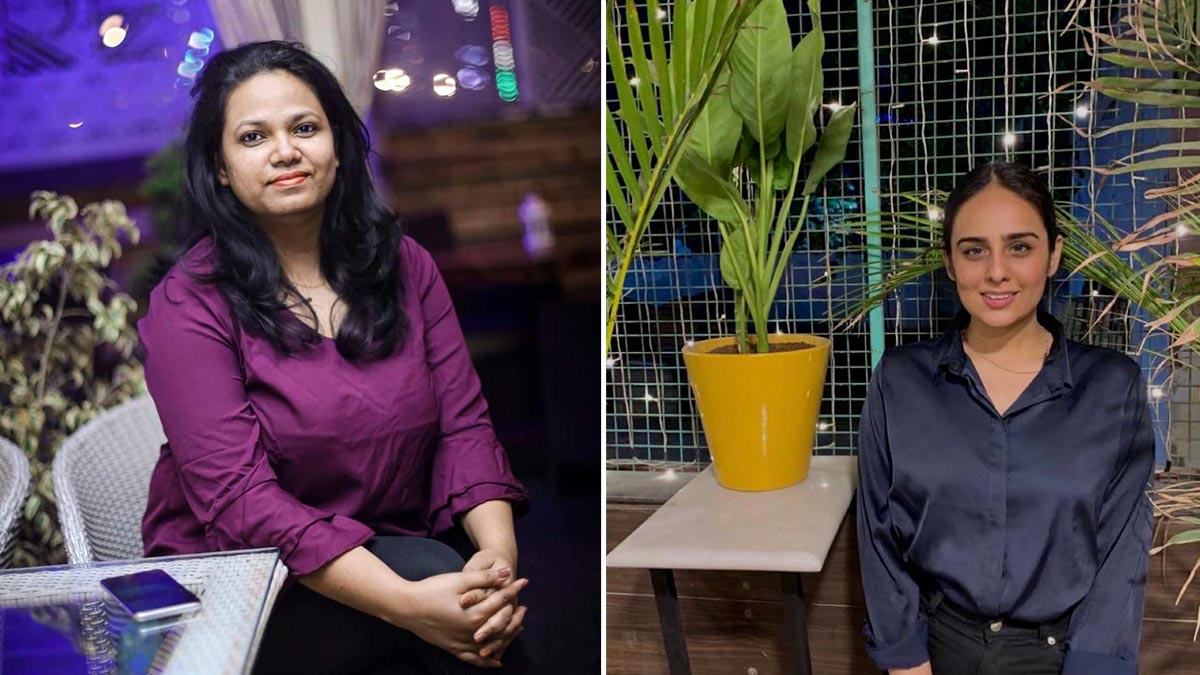
Trigger: Mentions of sexual abuse and suicide
Support groups bring different people from different walks of life together. People can make connections and seek support through these groups. Those who have had similar experiences can find common ground through niche support groups working on different facets of mental health such as trauma-informed, grief-related, groups for caregivers of mental health patients, and many more.
Sometimes, these support groups create bonds stronger than family which can last a lifetime. Here are four support groups that are working on different areas of mental health:

Founded by Maya Menon and Sarika Pandit, Open Minds Foundation runs a support group called We Survive for survivors of child sexual abuse. Started in 2017, this group got a boost after the Me-Too movement came to the forefront.
Sexual abuse can have long-lasting impacts on children which can manifest as depressive disorders, personality disorders and anxiety disorders. As adults, the memories and trauma of abuse can have negative effects on one’s overall well-being and health.
Menon, a survivor of child sexual abuse, co-founded the group with Pandit as they were working in the space of prevention of such abuse. “We realised that adult survivors who were processing what had happened to them as children or those who have not been able to do so needed a space to come together and share.”
Initially they had meetings in Mumbai, but after the pandemic struck they took a break for a few months as they were trying to understand how to pivot. Soon, they began online meetings; an opportunity that helped them gain worldwide reach.
For new joinees, their foundation accepts requests from Instagram where they have a form that needs to be filled. They also receive invitations from MindClan–a third-party resource.
Menon believes that support groups provide safe havens for people who have not reached a comfort level with therapy yet, while others might go on in life thinking that they’re alone in what they have faced. “We have a WhatsApp group which was just for sending meeting links, however there have been many instances where people who were having a bad day found recluse in the group.”
Currently, a challenge they are facing is to increase their reach to lower classes of society. “Right now, the group has an English-speaking upper-class population,” she said.
Despite the struggles, their group has been able to bring meaningful change in their member’s lives. “A member of ours finally decided to go for their high school reunion where one of the teachers was the abuser. He also named his abuser in the group. This was a huge milestone for him,” said Menon.
Due to legal limitations, all their members have to be 18 and above, however Menon believes that young teenagers need this space as much as anybody else. Moreover, they have become more self-aware and vocal than older generations, thus promoting the need for inclusive spaces regardless of age.
The founders are also starting a safe space for survivors of sexual harrassment in workplaces. This space will be for all people irrespective of their gender.
To join the group, one can also email them at [email protected].

Based in Delhi, Warriors Connect was founded by Avani Shukla, a neuroscientist and mental health advocate. Having suffered from Bipolar Disorder for over a decade, Shukla felt the need to start a peer-based support group that brought mental health patients and their caregivers together on a single platform.
“I was motivated to start this group because of my own experience where I have lived with mental illness for a long time without any support. I feared that there were others like me who felt lonely and isolated,” she said. “Today, I know so many members who believe that not even therapists can empathise as well as a person who has faced mental health struggles.”
Shukla had internalised the stigma of mental health to an extent where she never seeked outside support, however after years of introspection and reconditioning, she finally managed to start a group, so that nobody would go through what she had experienced first-hand.
“Most psychiatrists don’t refer patients to support groups because they are sceptical of them. This is why I wanted to create a peer-support network that could scale and potentially reach the masses,” she said.
Started in 2022, the support group functions on a virtual community platform, which has features similar to Facebook in terms of discussion forums. Every week they arrange virtual huddles through Zoom where people share their stories. They also hold in-person meets where they either meet at a member’s house or in restaurants. “These sessions are cathartic for the person who is sharing and can be insightful for peers who are listening,” she said.
Shukla believes that medication and therapy are the main elements of mental health, but that itself cannot improve the quality of life. “Medication alters the brain’s neurochemistry, so that your brain is logical and rational. However, that is not enough to fix life as the influence of one’s environment plays a huge role in mental health,” she said. Moreover, she highlighted that being a shoulder for others improves one’s sense of self and gives a dopamine kick whenever the other person is gracious for the former’s support.
Don't miss:Mental Health Awareness: How To Prioritize Mental Health While Having A Bad Day At Work

Divya Pathak and Harsheen Kaur Vohra started Yellow Epiphanies, an initiative to normalise conversations around mental health and cultivate the culture of dialogue. Under that, they curated a safe space called Through Thick and Thin, a peer-to-peer support group.
Coming from the profession of mental health, Pathak saw a huge gap in the clinician setting, and to bridge that she joined hands with Vohra to create a non-judgemental space where people felt heard and seen. “Common problems such as having a minor fight can have major consequences. We wanted to foster a group where people could vent their day-to-day struggles,” said Vohra.
Started in 2020, they would gather in physical settings, however when COVID-19 hit, they shifted all their functions onto online modules. More so, for the duration of the pandemic, they raised awareness on covid anxiety. They categorised mental health issues caused by job loss, grieving death of loved ones, and the isolation caused by the restrictions on movement.
The organisation has an in-house research team and expert panels who form activities for each session which is held every weekend. They also created a dedicated time-bound support group for depression. They provide personalised recommendations of licensed professionals as they believe they are not a replacement to medical interventions such as therapy.
Both of them believe that the screen is not enough to create connections among members, so they organise nature walks, food walks, and retreats for stronger sense of community and to build relationships.
They believe that ritual-based therapies such as drawing, travelling, and incorporating body movements can elevate moods and increase well-being. “In some sessions to relieve stress, we sum the activities with a group hug,” said Pathak.
They are holding a mental health conclave in Delhi on the theme, “Whatever gets you talking”, which will have theatre, poetry, dance, a fashion walk (with elements of fashion psychology), a movie screening, and panels. There will be a ‘breakout room’ at the entry. Moreover, a listening and de-stressing corner along with a candid dating corner will be placed there.
Date and Venue: TBD
Don't miss:My Struggles With Acne: How Therapy Helped

Empowered Empaths is a one of a kind support group for survivors of narcissistic abuse in India. It is founded by Snehal Saraf, a counselling psychologist and psychotherapist specialised in couple and family therapy.
“I have painstakingly experienced the abuse a narcissist can inhumanely mete out to their victims. I have fortunately been able to heal from the trauma bond and identity-erasure it caused,” said Snehal.
She said that despite being a psychotherapist, exposure to narcissism in real life opened a whole new world of darkness with illusions of light that made her caught up in the maze. “Figuring my way out of the maze made me experience my life differently and I began to see the larger scheme of things,” she said.
Her career saw a major shift post-healing wherein she was being sought by clients wanting to improve their toxic relationships which turned out to be narcissistic. “A common narrative in all of them was– “Can a person do this to another person?”, “Is this only happening to me because I am not good enough?”, “What do I need to change to be loved?”
Saraf’s group aims to foster radical acceptance, so that empaths take charge of their lives and reclaim their identity. It also intends to psycho-educate, share resources on how to deal with abusive relationships and share coping techniques for other participants to continue their respective healing journeys.
The support groups meetings happen once a month. It is conducted online because participants are from all over the world.
Saraf firmly believes that therapy and support groups are complementary as well as serve very specific purposes because of which it cannot be substituted by the other. “At times, our need for meaning-making and validation is so huge that it needs a bigger space where people can relate with each other’s experiences. Some face a unique set of struggles that one needs the voice of others who have gone through the same to feel normal and more real,” she said.
After closely witnessing the journey of the empaths in the group, two stories moved her– one of the participants joined therapy and the support group after attempting to die by suicide, and another one reached out to Saraf while experiencing suicidal ideation. “Both of them are currently making a huge shift from being a victim of their circumstances to braving through their life by empowering themselves. They are unlearning societal conditioning, healing their traumas and centering themselves and their needs unapologetically,” exclaimed Saraf.
Our aim is to provide accurate, safe and expert verified information through our articles and social media handles. The remedies, advice and tips mentioned here are for general information only. Please consult your expert before trying any kind of health, beauty, life hacks or astrology related tips. For any feedback or complaint, contact us at [email protected].